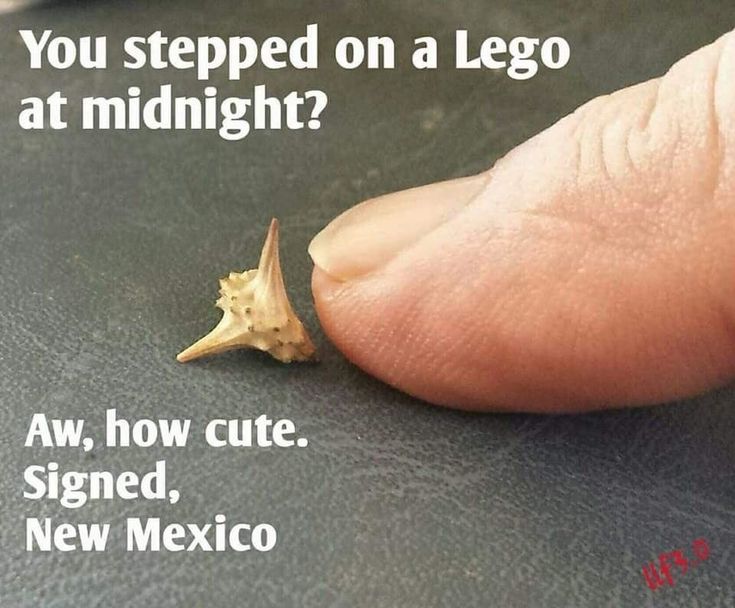I planted a fall garden back in September, but nothing came up! The only thing I can figure is the soil just got too hot every day, in the heat of the day. Without frequent rain, it was too hot to walk on with bare feet for several hours each day for months. Anyway, I was so discouraged I neglected the plot for too long, and all I can say is that it was not too hot or dry for the weeds, which grew in profusion and variety. There is a particular kind of grass which I have not positively identified that is especially problematic, with stiff stems with nodes. These spread flat on the ground and put down roots at every node, while the seed heads stand upright. It isn't Bermuda. I don't know what it is, but it is prolific, hard to pull up, and impossible to annihilate. I finally got the rototiller set up, and decided to go over the entire plot with it once a week until time for early spring planting.
I'll never use manure from the auction barns again. Must have been from some West Texas cattle.
@Eutycus , you may be right. Here in Florida, we now have a plant called the "tropical soda apple." Florida produces more beef than Wyoming, but some knothead thought he needed to import a few head of cattle from South America, and they brought tropical soda apple seeds in their guts, and expelled them with their manure. That was in the eighties, and the tropical soda apple is now all over the state. It is so weird it looks fake, like a movie prop, with enormous thorns.
The other thing I learned the hard way is that "best management practices" for grasslands, as espoused by Florida's agricultural extension offices, include annual spraying with dicot-specific herbicides. This is applied to pastures and hayfields. These herbicides (e.g. PastureGard, Grazon...) kill broad-leafed plants, but "don't hurt" grasses or other monocots, and they are supposedly safe for animals to graze within hours of application. The problem is the animals ingest the chemical as they graze so it gets in their manure. Since the same chemicals are used on hayfields, the manure from hay-fed animals is also contaminated, not to mention the hay itself, if you think about using it for mulch. If you use that manure (or hay mulch) in your garden, you are effectively applying an herbicide to the soil in which you hope to grow vegetables. I did some testing a couple of years ago, using bean seeds planted in pots of clean soil and some with composted horse manure mixed with the soil, from animals that had grazed on treated fields. The compost was over a year old, and the seeds that were planted in it didn't even germinate. The seeds in clean soil, planted at the same time and given the same amount of sunlight and water, did great. People used to burn their fields late in the winter down here to kill weeds and bugs, and to remove the dead stuff. Not anymore. Better living through chemicals, you know. Not to mention the known cancer risk, this "best management practice" has really complicated home gardening.
Best regards,
Notchy Bob



